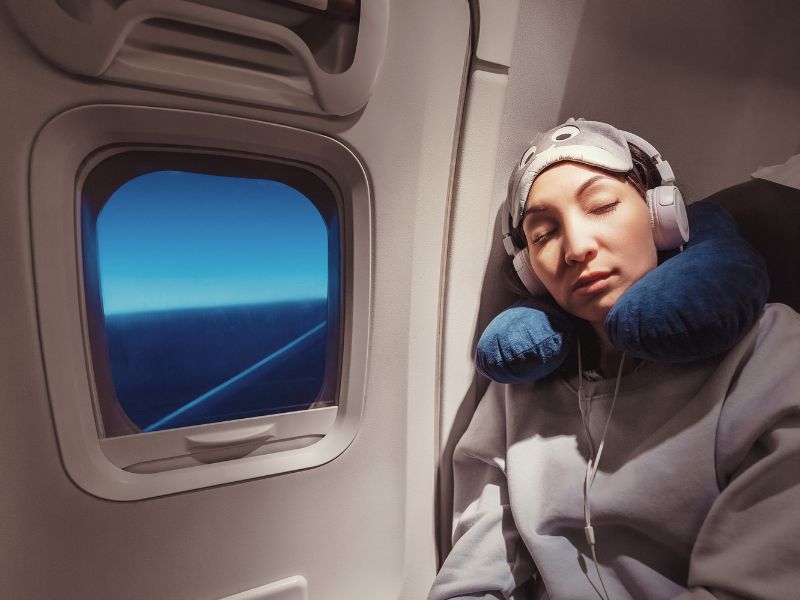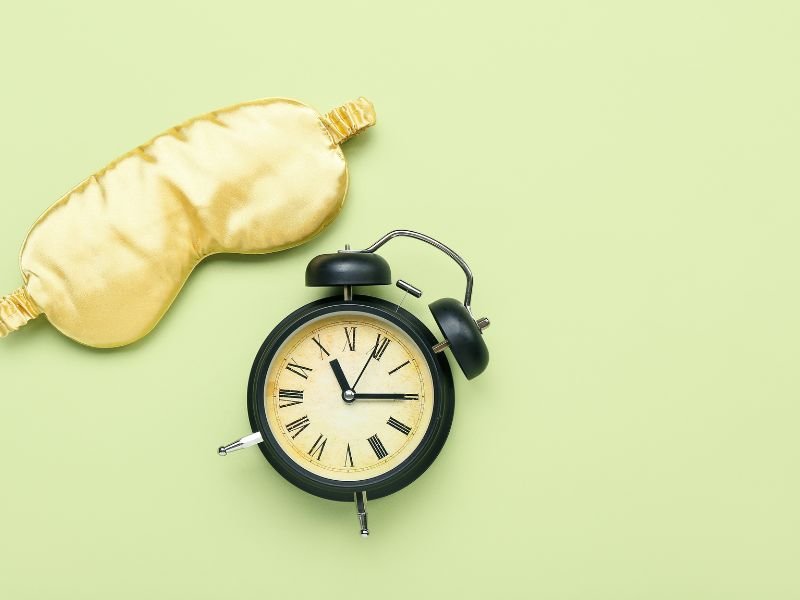The Benefits of White Noise: The Key to Better Sleep Quality
Sleep is a fundamental aspect of health, yet many individuals struggle to consistently achieve high-quality rest. Amidst this challenge, white noise has emerged as a practical solution for promoting better sleep.
Characterized by a consistent sound that combines a variety of frequencies, white noise can play a significant role in drowning out distractions. The steady backdrop of white noise helps to create a tranquil atmosphere conducive to sleep, which can lead to improved sleep patterns and better overall well-being.
Researchers have found that the benefits of white noise extend beyond just masking disruptive sounds. White noise can also help to maintain sleep cycles and improve sleep quality.
The subtle, steady sounds resemble the humming of a fan or the static of a television, providing a soothing ambiance that may make it easier for the brain to settle down. By creating a more controlled auditory environment, white noise machines and applications are becoming a staple in the self-care routines of those looking to enhance their sleep quality.
Understanding the impact of one's sleeping environment is essential because sleep is important for good health. Disturbances such as traffic noise, snoring partners, or even a ticking clock can fragment sleep, leading to fatigue and reduced cognitive function.
In an increasingly noisy world, incorporating white noise into the nightly routine may be an effective strategy to minimize disruptions and promote uninterrupted rest. This, in turn, supports the body's natural healing and restorative processes through quality sleep.
Understanding White Noise and Its Impact on Sleep
White noise consists of all audible frequencies, which are distributed equally, and helpful for promoting better sleep. This section explains white noise, explores its relationship with sleep, and assesses its practical use and effectiveness.
Defining White Noise and Its Variants
White noise is characterized by its consistent distribution of sounds across all frequencies that can be heard with the human ear. Variants such as pink noise and brown noise offer deeper sound profiles, each with distinct frequency distributions. These sounds are often used to promote sleep, focus, and relaxation.
The Science Behind White Noise and Sleep
Studies suggest white noise may facilitate sleep by masking environmental noises that disrupt sleep stages. The sound can induce more stable brain waves, aiding the transition into deeper sleep states such as REM sleep.
Practical Applications: White Noise Machines and Apps
White noise machines and smartphone apps are popular tools for creating a soothing sleep environment. Features like volume control, sleep timer, and adjustable sound quality tailor the experience to individual needs, potentially aiding those with insomnia or sleep disturbances.
Addressing Common Sleep Issues with White Noise
White noise has helped treat issues like tinnitus and sleep apnea. It creates a blanket of sound that can make abrupt noises less jarring, thereby enhancing overall sleep quality.
The Role of White Noise in Sleep Hygiene and Environment
Good sleep hygiene requires a consistent bedtime routine and a comfortable sleep environment. Introducing white noise can mask ambient noise, which is particularly beneficial in noisy areas such as New York City.
Comparative Analysis: White Noise vs. Other Sounds
Unlike nature sounds or ASMR, which can vary in volume, white noise provides a steady acoustic backdrop. Brown noise and pink noise are often softer and less intrusive, suitable for those who find white noise to be too harsh.
White Noise in Specific Environments and Populations
In environments like an ICU or rural settings, white noise can help maintain a calm atmosphere. It's also been found useful for those with sleep disorders, which shows just how versatile it is in managing sleep environment challenges.
Maximizing Benefits and Minimizing Risks
Using white noise is a simple way to help you get better sleep. But it's important to use it appropriately and be aware of any potential drawbacks. Customizing it to your needs, being careful with how you use technology, and making it part of your overall well-being routine is crucial when making white noise a part of your sleep journey.
Customizing White Noise Experience for Optimal Sleep
Customizing the sound settings to individual preferences is key to enhancing sleep quality. Factors like volume, frequency of sound, and duration of exposure should be aligned with personal comfort levels.
Many white noise machines and sleep apps offer a variety of soundscapes that can promote relaxation and a consistent bedtime routine.
Potential Risks and How to Avoid Them
Though white noise can aid in relaxation and better sleep, it’s important to be mindful of volume control to prevent hearing loss. Keep devices at a safe volume, ideally below 85 decibels, to get the optimal benefits of white noise.
To avoid relying too much on white noise, it's a good idea to check how much you use it for sleep regularly. If you find you're depending on it too much, you might want to cut back gradually.
Leveraging Technology for Enhanced Sleep Quality
Modern sleep tech has made it easier than ever to improve sleep routines. Smartphone apps specializing in sleep can be used to generate personalized white noise experiences and often include features for monitoring sleep quality and heart rate.
Integrating White Noise in Overall Wellness Practices
Incorporating white noise into overall wellness activities, such as meditation or evening relaxation techniques, can cultivate a good environment for sleep and general well-being.
As part of a comprehensive sleep habit strategy, white noise can serve to alleviate anxiety and improve overall sleep quality.
It’s a simple yet effective addition to one's overall approach to health.






















